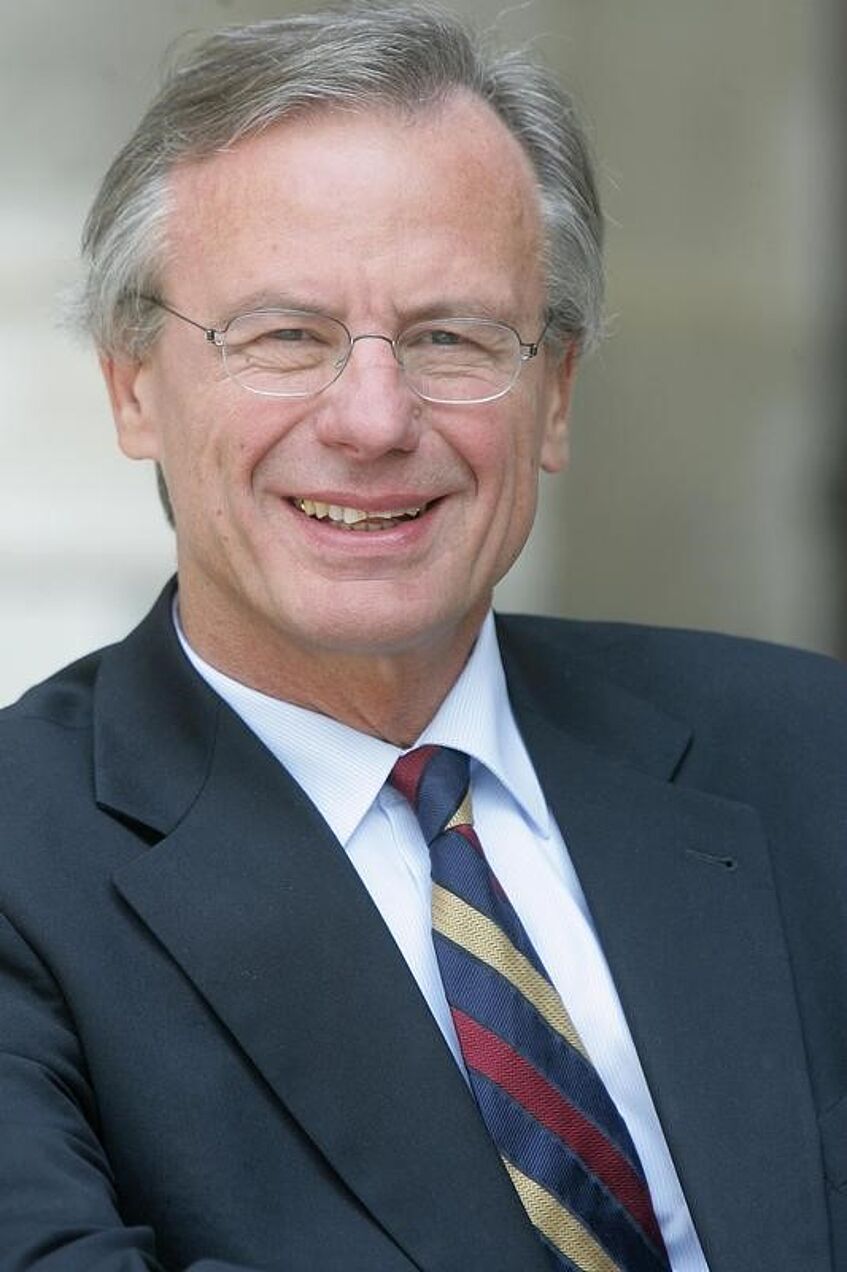
Univ. Prof. Dr. Georg Winckler
Professor for Economics (retired) former Rector of the University of Vienna
Georg WINCKLER studied economics at Princeton University and the University of Vienna (PhD,1968). In 1978 he was appointed Professor for Economics at the University of Vienna, where he remained until he was made professor emeritus in 2011. He held guest professorships at the University of Graz (1977-78), University of Freiburg (Switzerland, 1977-78), University of Linz (1985-86 and 1992-93), Georgetown University (1995), and Comenius University of Bratislava (1998). In 1990-91 he worked as a Visiting Scholar in the Research Department of the International Monetary Fund in Washington, DC. From 1999 to 2011 he was Rector of the University of Vienna. From 2001 to 2005 he served as Vice President, and from 2005 to 2009 as President of the European University Association (EUA). From 2004 to 2012 he was a member of the European Commission`s European Research Area Board. At present, he is Chairman of the Supervisory Board of the ERSTE Foundation and a member of the University Board of the University of Vienna.
Homepage: Members of the Universitätsrat of the University of Vienna
Abstract
Macroeconomic Policy Approaches to Strengthen Democratic Trends in Europe
In recent years, Acemoglu – Robinson (2012, 2016) and others have shown that bad institutions are the main cause for economic underdevelopment. The emergence of inclusive political institutions in a state with broadly distributed power fosters economic growth and sustained wellbeing. The evolution of macroeconomic thought after Keynes has emphasized “intertemporal tradeoffs, so the beliefs of economic agents about the future have become a crucial part of the story” (Mankiw 2017). Anchoring the agents` beliefs in good, inclusive institutions can be regarded as key to macroeconomic policy successes.
The paper will discuss approaches to strengthen inclusive institutions in Europe. E.g., union wide social security systems in specific areas such as insurance against youth unemployment might strengthen the macroeconomic growth and democratic trends in the European Union.
Programme: Panel 3, Wednesday, 5 September 2018, 14:30-16:00